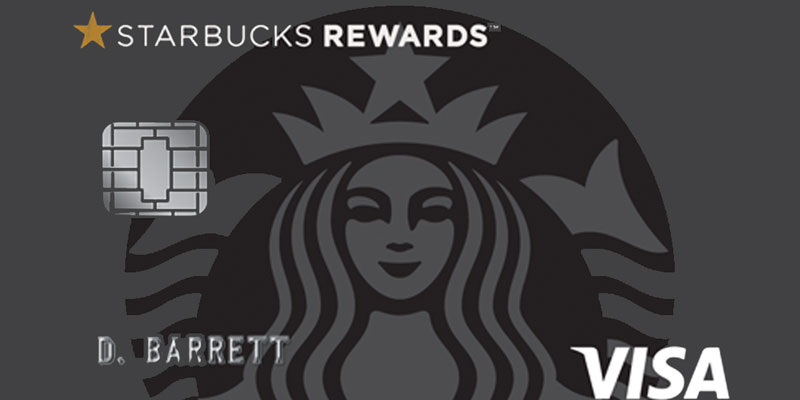Fidelity Investments vs. Robinhood
Oct 18, 2023 By Triston Martin
Fidelity and Robinhood are vastly different because Fidelity is a well-established, full-service brokerage company. Robinhood is a relatively new company that has received lots of good and negative attention. Fidelity was established in 1946 and has become a major online brokerage player. Robinhood was established at the end of 2013 and became a disruptive force in the traditional brokerage market.
It's crucial to remember that the current offerings aren't up to par when compared to traditional brokers such as Fidelity. While both Fidelity Robinhood are popular options for novice traders and investors, We'll take a look at some of the main differences between these brokers to help you choose what is best suited to your needs and your needs in investing.
Usability
Fidelity and Robinhood differ greatly in terms of the platforms' design, layout, and feel. Fidelity is very intuitive and user-friendly. Opening a brokerage account is simple, and the website is easy to navigate once you've found the many sub-menus. You can also utilize the search bar located at the top of each page in case you aren't able to find the information you're seeking. However, Robinhood is even easier to use and offers an experience for users that is unique.
Because it is a mobile application with a simple style that concentrates on the essentials, Robinhood is easy to use for investors who mostly utilize smartphones for managing their accounts. It isn't much you can do to personalize or modify Robinhood's mobile app to fit your preferred trading experience. Contrary to Fidelity's Active Trader Pro program is completely customizable. However, Robinhood has one better than Fidelity in usability.
Desktop Trade Experience
The trading experience offered by Robinhood's mobile and web platforms is simple, fast, and efficient. For new investors, Robinhood has the functionality required to trade; however, experienced investors will discover the platform for trading inadequate. There are also no customizing options available on the website platform.
However, Fidelity's trading platform offers a seamless flow. Fidelity's platforms are customizable, allowing you to build your own layouts, define defaults for trades, set hotkeys, and more. Fidelity's platform also allows trading using charts or basket trades that aren't available on Robinhood. Each of Fidelity and Robinhood offers trading experiences appropriate for new investors. However, we believe that Fidelity has an advantage in this area due to its ability to cater to investors with varying experience levels.
Mobile Trade Experience
Robinhood is a first-class mobile-first broker designed for investors who require an easy-to-use trading app that doesn't have all the bells and whistles. In this regard, Robinhood's mobile-friendly experience is the one that draws the attention of a lot of its clients. While Robinhood's quote information is streamed in real-time, it doesn't provide the same comprehensive tools as traditional brokers with larger-scale Fidelity or Fidelity. For example, you don't have the option of trading directly using the chart. The platform doesn't allow conditional orders; you cannot enter multiple orders simultaneously or stage orders to be entered later.

However, Fidelity's mobile platform is a complete one offering the same features as its desktop platform. However, fundamental analysis and charting capabilities are only available in the app, and it's impossible to make orders with conditional conditions on your mobile. But, Fidelity has recently introduced an alpha version that incorporates a number of the latest requested features by its customers. Fidelity's mobile service is more extensive and robust than Robinhood's. We also discovered it to be the superior option for the full mobile trade experience.
A Variety of Services
Customers of Fidelity will be able to trade an array of asset classes thanks to the wide variety of products. One of the major limitations is that Fidelity cannot provide futures, futures options, or cryptocurrency trading. However, Robinhood allows you to trade cryptocurrency in the same account you use to trade stocks and options. In addition, Robinhood has a very limited number of options compared to Fidelity; therefore, Fidelity has the advantage in this area.
Order Types
Robinhood has a restricted set of types of orders. You can place limit orders, market orders, or both on the available assets. You won't be able to create conditional orders. Like other brokers, Fidelity supports numerous order types on its web and Active Trader Pro platforms, including the standard orders that are available from all brokers and conditional. It is crucial to know that conditional orders do not become available in Fidelity's mobile application.

Both brokers allow customers to choose certain tax types when they sell. In general, Fidelity has the upper advantage in this regard over Robinhood in this regard because it provides a wider selection of options even though some of them are available through mobile devices.

Uncovering the Best Alternatives to Edgewonk: Elevate Your Trading Game

Should You Cosign A Student Loan For Your Child?

Everything About: Investing in a "Turnkey" Property

Vietnam's 2024 Fintech Landscape: Key Insights and Developments

Debt-To-Income Ratio Need for a Mortgage

The Impact of Generosity on This Holiday Season: A Blessing or a Burden?

Taking A Loan Against Your Life Insurance Policy

Review of the Starbucks Rewards Visa Card for 2022

Navigating Farm Loans: Unveiling the Best Options and Securing Your Agricultural Future

